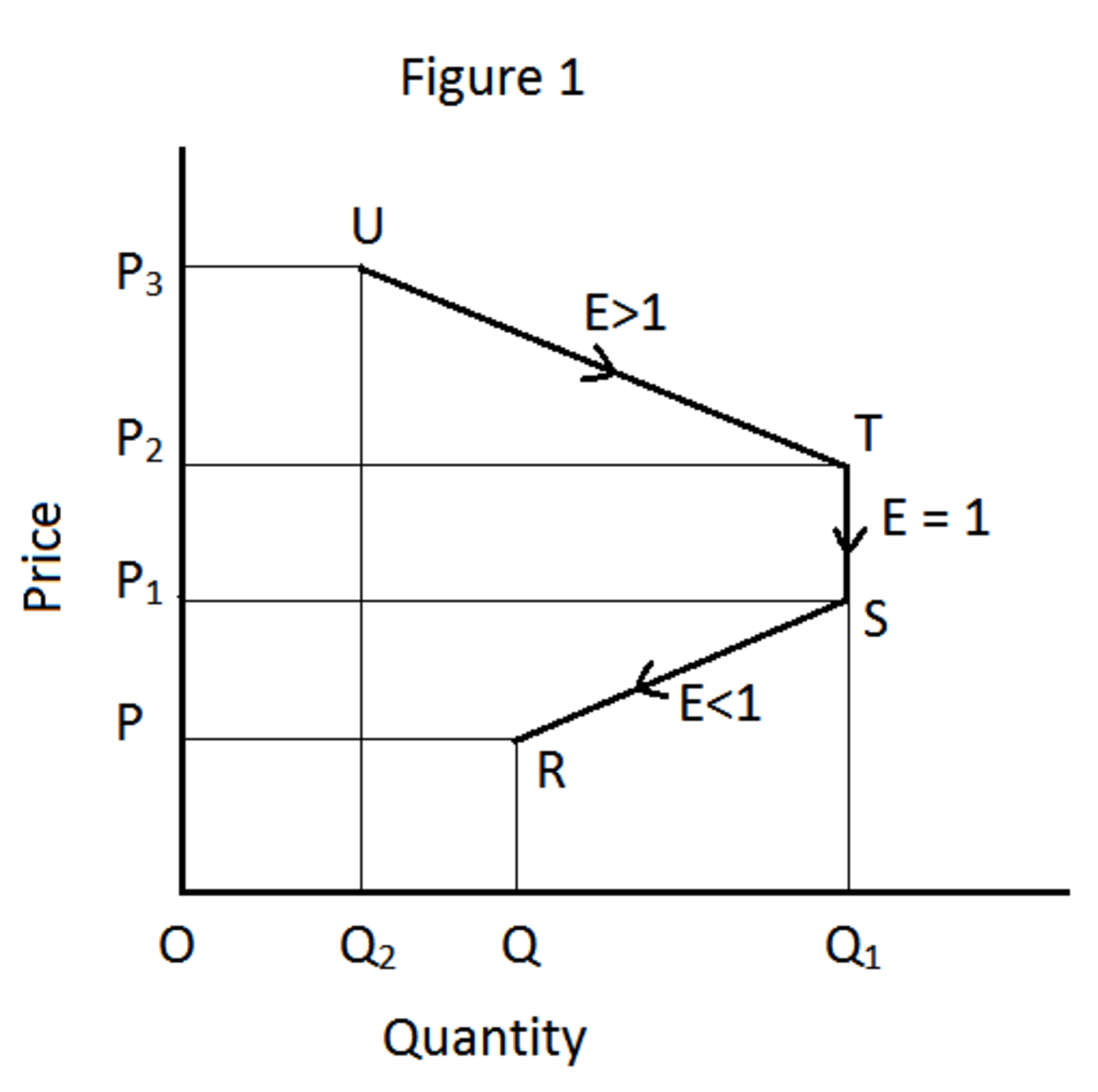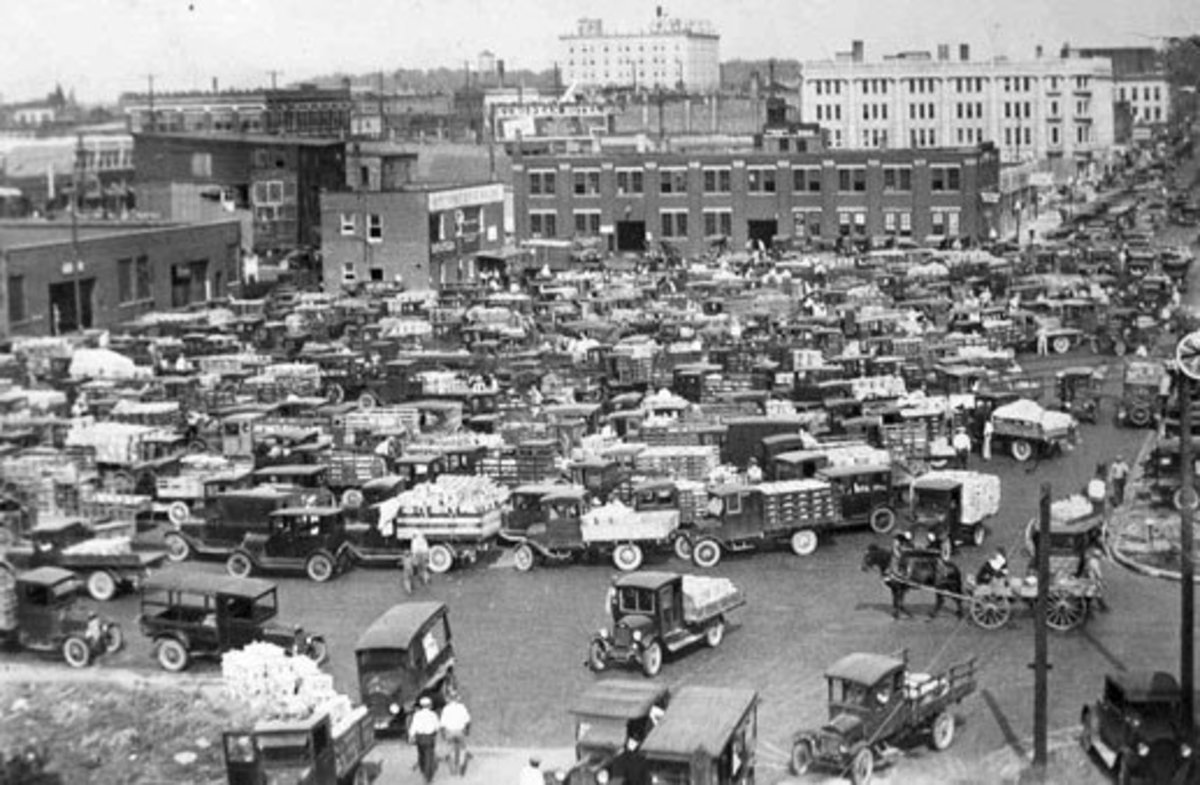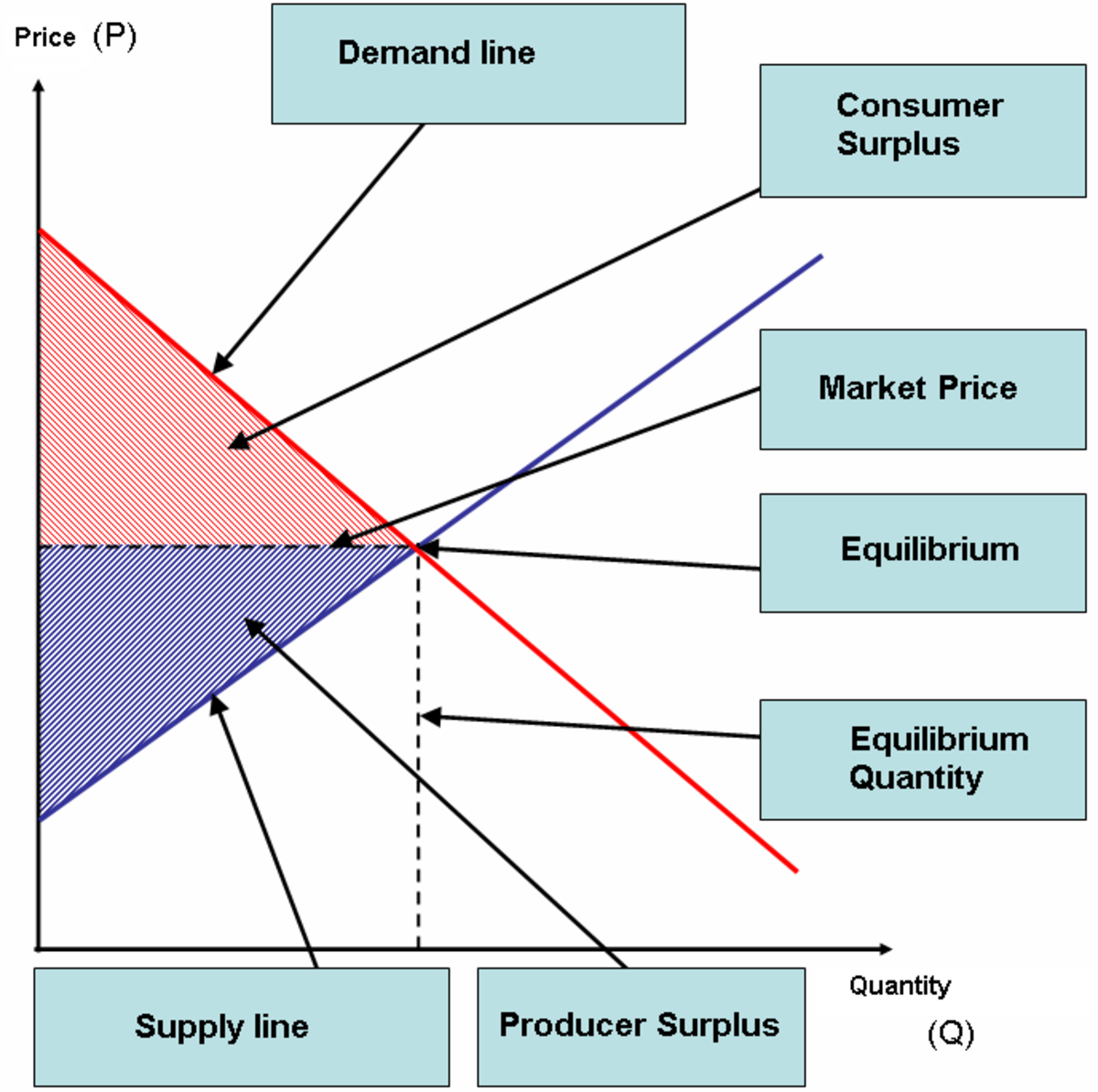Uniting the Radical and Religious: Is it Possible?
In a country where the sole employer is the State, opposition means death by slow starvation. The old principle: who does not work shall not eat, has been replaced by a new one: who does not obey shall not eat. – Leon Trotsky (1937)
“A fixed rule, like that of equality, might be acquiesced in, and so might chance, or an external necessity; but that a handful of human beings should weigh everybody in the balance, and give more to one and less to another at their sole pleasure and judgment, would not be borne unless from persons believed to be more than men, and backed by supernatural terrors.” – John Milton - Principles of Political Economy, Book I, chap. Ii, par.4.
The objection that understanding it [Christianity] symbolically puts an end to the Christian’s hope of immortality is invalid, because long before the coming of Christianity mankind believed in a life after death and therefore had no need of the Easter event as a guarantee of immortality…” – Carl Jung –The Undiscovered Self
The hate of capitalism and rise of radicalism stems from a hate of the Christian first, and then the Jew. This is the true “collective” unconscious at root to the whole scheme of radicalism, not the “Have” and “Have-Nots.” Using the “have-not” condition – and hate of capitalism - is really a smokescreen for what is actually dividing this country. It is a spiritual thing, all of it, in my opinion.
It is equating wealth and good fortune with a non-intellectual “moral” preception that arouses the hate of religion and the religious, not vice versa as many a radical would like us to believe. It is also the lack of conviction of one’s “beliefs” as measured against another that arouses the hatred. However, while one may say they do not care about God or not believe in God, this is irrelevant to what I want to say here because it is nonetheless evident from a psychological (and even atheistic) point of view at least that some manner of “goodness” must predominate in our actions to some degree if we are to succeed in some kind of camaraderie with people.
We hear from the radical left all about the defects in Christians and/or Jewish theologies, but what about their defects? If they do not believe in God, why not be content and have personal conviction in that belief? There is no reason to be filled with such hatred of religion unless there is some inward doubt. Why, if you are an atheist, would you care about acceptance from religious quarters, or that churchgoers do not want to hear you? And what loss is there to you if a believer wants nothing to do with you?
It is as though they doubt themselves “morally” and have a felt inferiority, and it is that sense of inferiority that moves them to hate. Think about it: If religion is truly inferior to the non-religious, why hate it so much?
Have a conviction of your own non-believers!! Believe in yourselves! Be like Renan, the philosopher and brilliant literary genius, who said,
“…Be ready for anything – that perhaps is wisdom. Give ourselves up, according to the hour, to confidence, to skepticism, to optimism, to irony, and we may be sure that at certain moments at least we shall be with the truth. . . . Good humor is a philosophic state of mind; it seems to say to Nature that we take her no more seriously than she takes us. I maintain that one should always talk of philosophy with a smile. We owe it to the Eternal to be virtuous; but we have the right to add to this tribute our irony as a sort of personal reprisal. In this way we return to the right quarter jest for jest; we play the trick that has been played on us. Saint Augustine’s phrase: Lord, if we are deceived, it is by thee! remains a fine one, well suited to our modern thinking. Only we wish the Eternal to know that if we accept the fraud, we accept it knowingly and willingly…"
Why feel inferior to something not believed? What follows then by necessity is the hate of all things not conforming to their view. Why? Why do they want to destroy capitalism and the free exchange of thoughts and ideas on the basis of hate for religion? Do they feel guilty? If they do not believe, why feel guilty? The argument is that the faith-based are “putting their ideas on us,” or “making us conform to their dictates.” Really? Are they? When did this start happening? All of a sudden? Did it happen within you, or outside you? If we are talking of matters of sex, who cares what they say?
The religious and non-religious can come together to perfect policy and should. We ought to move beyond this “emotional” age and on to a more “intellectual” age. There is a lot to build if we can ever lift ourselves out of the fog.



